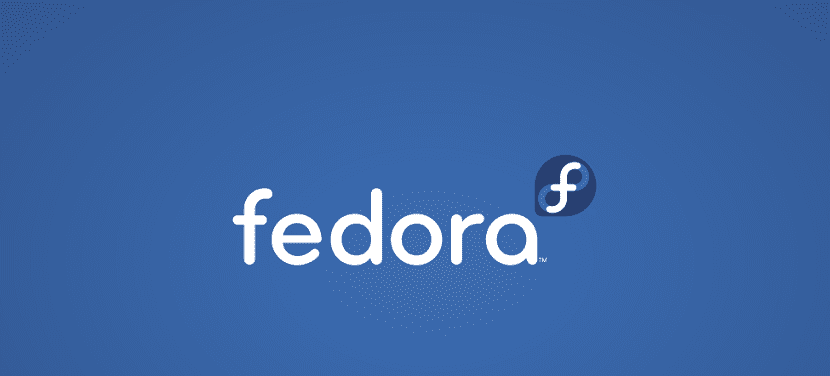
From the first days of this month of April, the release of the beta version of Fedora 30 was announced with which thousands of people and testers have switched to the public beta version of the next Fedora distribution that takes as the basis of Red Hat Enterprise Linux.
In terms of user experience, the GNU / Linux distribution arrives with the Linux kernel 5.0 and goes to GNOME 3.32 and Nautilus extensions migrate to Python 3. Also a new desktop environment is proposed: it is DeepinDE as well as Panteón.
Thus, the famous desktop Pantheon also makes its appearance: it is the one used by the ElementaryOS distribution.
Its specificity is that it reuses GNOME technologies, but in the Vala language. Pantheon wants (visually first) much closer to what the macOS X environment offers, which has always been its inspiration.
With this two new desktop environments available to users, of which would be "DeepinDE, Pantheon Desktop, GNOME, KDE Plasma, Cinnamon, Mate, SoaS and Xfce".
There are also mandatory new versions of most tools, for example, Vagrant, Golang, Bash, GNU C Library, Python, and Perl.
What to expect from Fedora 30
Fedora 30 it is getting better for Intel graphics chip users. No more screen reboot during startup. Regarding the architectures ARM 7, can now boot into uEFI by default.
Another novelty that is in store for the release of Fedora 30 are thes benefits of LxQt's lightweight desktop from the update to version 0.14.0 and that GnuGPG 2 becomes the default implementation of GPG.
The boot entries, to choose the version of the kernel to launch, will be converted to the BootLoaderSpec format by default so as not to use grubby anymore to carry out this task, because it is old and not very flexible.
The goal is to standardize how to render the cores to start between architectures, as they do not use all GRUBs, only the ARMv7 architecture is not affected yet, because u-boot does not support this rendering format.
Wayland
There are also many Fedora-specific enhancements, as a version will finally arrive controller functional Nvidia's proprietary graphics maker with Wayland together.
There are also some improvements around the successor to X.org. An example of this is bug fixes in conjunction with games, which should now be able to easily run on Wayland's Steam games.
In addition, work in Firefox and Chrome Screen Sharing allows compatibility with both browsers, something that has only worked on X.org.
For Fedora 30, Firefox was actually planned to be fully native to Wayland as well, due to outstanding issues, but this step has now been moved to the next version.
Internationalization
Language composition groups are replaced by langpacks. The latter was used by Fedora 24 to install the necessary package translations for the user.
Now, it also manages input inputs and sources for a more consistent experience.
Other changes
Of the other changes that will arrive in the new version of Fedora 30, we find the following:
- MongoDB is removed as the newly adopted SSPL license is not considered free.
- cryptsetup now uses default LUKS2 metadata.
- dbus-broker becomes the default implementation of Dbus.
- FreeIPA can no longer be used with Python 2.
- When removing a large number of Python 2-related or dependent packages, the end is near and should end for Fedora 31.
- krb5 is modernizing its cryptographic algorithm management by eliminating DES, 3DES, CRC-32, and MD4 management for session keys or long-term keys
- MD5 and RC4 are marked obsolete and dangerous and will be removed later.
A few days after the official release of Fedora 30
The final version must arrive between April 30 and May 7, depending on the bug fix.
The idea is to provide a stable version first and foremost. Remember that Fedora is accessible for free.
To test Fedora, visit this page .